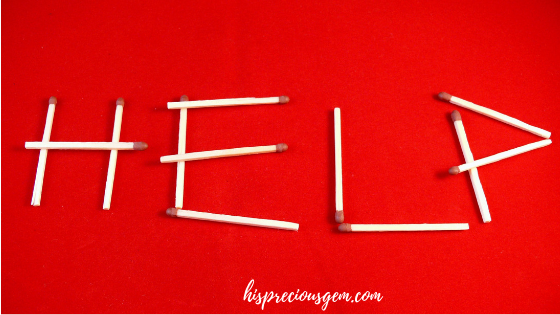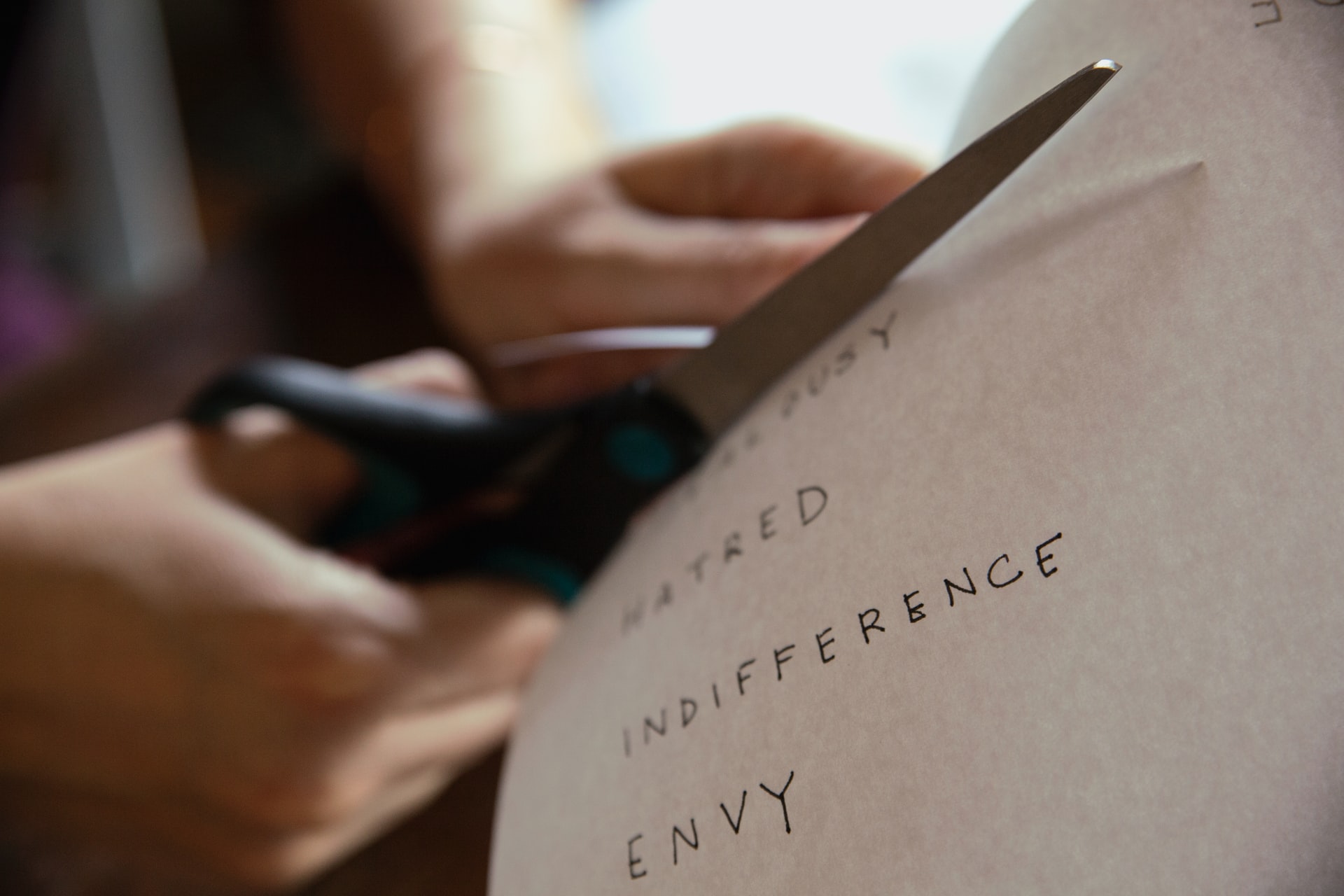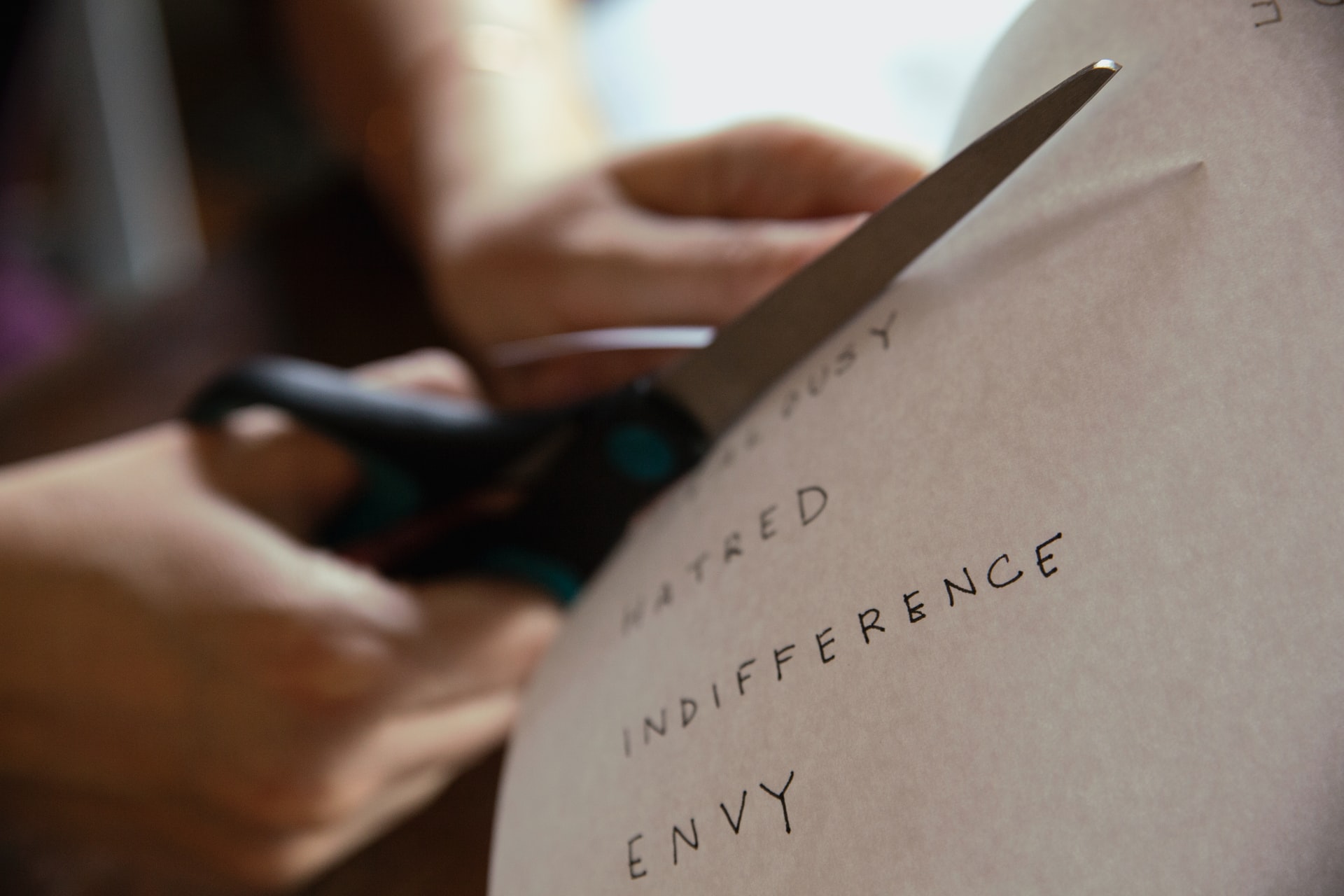We continue with the series on abortion and Jonathan Jeffes tells us the trauma that women who have had abortions face. He also tells us that there is healing, through Jesus Christ.
For more information on the work he is involved in, visit the website here.
Abortion research
Abortion is widespread in our society. The Royal College of Gynaecologists state that 33% of all women (in the UK) will experience at least one abortion in their lifetime[i]. Following a number of research studies on the link between abortion and mental health, conclusive evidence from qualitative findings remains elusive.
However, in 1987 the American Psychiatric Association Diagnostic and Statistical Manual of Mental Disorders acknowledged the effects of abortion with regards to mental health. They described several symptoms, such as intrusive thoughts, experiencing flashbacks, denial of emotions associated with the abortion, feeling detached or estranged from others, angry outbursts, hyper-vigilance and depression, all of which have been evidenced by women attending our courses.
A later study conducted by Dr Vincent Rue (1995) published a definitive work identifying post-abortion stress as a variant of a post-traumatic stress disorder.
More recent research studies have also shown a link between abortion and mental health. Coleman (2011) conducted research between 1995-2009 measuring the association between mental health and abortion, concluding that ‘women who had undergone an abortion experienced an 81% increased risk of mental health problems’.
The post-abortion healing course
We have set up a post-abortion healing course which runs termly at different venues across the UK. The nine week structured course, designed to accommodate up to eight women, facilitates the guests in processing buried emotions, as part of a discussion group.
Most of our guests arrive displaying symptoms of depression or anxiety related to the abortion, that they are no longer able to cope with.
The abortion may have taken place recently, perhaps only one year previously, or it may be several years in the past. Each group is facilitated by three experienced helpers who are non-judgmental, accepting and focused upon providing a safe and caring environment.
Our course is for Christian women, although we used to run courses for men as well, the demand from men was much less so we have decided to concentrate on the women’s course. We aim to help women find love and acceptance as part of the healing process as well as helping them to repair their relationship with God. Over the nine weeks they are helped to explore and understand their feelings around depression, anxiety, fear and shame.
The impact of shame after experiencing an abortion
Some women attending the course acknowledge an overwhelming sense of shame surrounding the abortion. They are desperate to rid themselves of such feelings, which causes them to doubt their relationship with God.
Shame, the sense of there being something intrinsically ‘wrong with me’ as a person, leads to an interlocking loop of thoughts around blame, shame and responsibility. Women who are prone to shame, for whatever reason, tend to take a disproportionate degree of responsibility for the difficulties in their lives.
With regard to abortion, self-critical messages might include, ‘I am a bad person’, ‘What I have done is unforgivable’, or ‘I should be over this’. Due to shame, this women experience feelings and thoughts connected with the abortion including flashbacks, intrusive memories, nightmares and automatic negative thoughts. For some, the feeling that life is out of control has led to distressed eating, compulsive working and other addictive behavior.
Other emotional symptoms that we have noticed on our course
Apart from an internal sense of shame, the effects of an abortion lead some women to feeling alone and isolated. They feel complacent and disinterested in life, or unmotivated and bored. Others have an urge to run away and distress. Reminders of past events surrounding the abortion have caused some women to become easily triggered.
Specific triggers include the anniversary dates for when the child would have been born, noticing pregnant women, or friends having babies. Other triggers are associated with life changes such as, getting married, having a subsequent birth, changes in the working environment and the onset of menopause.
Our course enables each woman to explore and discuss the emotional, psychological and spiritual impact of her abortion, moving toward an increased understanding, a clearer perspective, self-compassion, self-acceptance and the restoration of her relationship with God.
Since the establishment of the course in 2000, over 300 women and 40 men have completed the course. The women’s group course runs on a regular basis and due to the lower demand, courses for men are arranged separately, as required. We use exactly the same material for women and men, only realizing that the issues surrounding trauma from abortion were similar between men and women.
There can be a real reluctance to admit to emotional, psychological or spiritual problems following an abortion, where admitting to the pain might seem to add to the burden of what is already being experienced.
Our course is highly effective at restoring and rebuilding the lives of those who have the courage to attend. This was illustrated by one guest who arrived for her first session dressed in black. At her final session she arrived wearing a beautiful white dress. Reflecting upon the impact of our course she wrote: “I found my way back to Jesus, I found my way back to life, thanks.”
The effects of abortion on men
Although fewer men than women have attended our post-abortion courses, we have seen that they can be affected by abortion in exactly the same ways. Everything written above about the dynamics of abortion and its effects on women above is equally applicable to men. They can encounter the same feelings and experience the same effects. Perhaps the point is most easily illustrated by the fact that we use exactly the same course for both men and women.
As with women, we believe not all men are adversely affected by an abortion in any obvious way, but many are, and the effects of abortion on men are well known and attested. We have helped men overcome the same problems including, on one occasion, an eating disorder connected to a past abortion.
There may be some nuanced differences, but basically men and women go through the same healing process. With the realisation that he could have been a father of a living child, a man can come to see his behaviour as a cowardly act, abandoning his child and the woman to abortion. This can weigh heavily on him and he may come to see himself as having failed as a protector, as a provider or as a man. In turn, this may influence his self-confidence and his ability to commit to relationships.
If the abortion took place within marriage or in a committed on-going relationship it is sometimes helpful for both the woman and the man to go through a healing process separately. This is to enable them to find their own way to process their thoughts and feelings before attempting to communicate and discuss it at a meaningful level as a couple.
We have created ‘Restore and Rebuild’, a charity, to promote the course to other churches. Details for future courses can be found on the website:
www.postabortionhealingcourse.com
Had an abortion and are struggling with the shame that comes with it? Do you feel that you cannot move on? There is healing at the cross. But it starts with confessing just as we are told in 1 John 1:9 that:
If we confess our sins, he is faithful and just to forgive us our sins, and to cleanse us from all unrighteousness.
Take it to the Lord in prayer and confess the sin, ask Him to begin to heal you, go for counselling and if such courses are available in your country, sign up.



